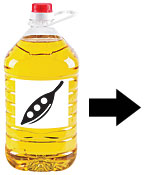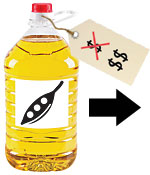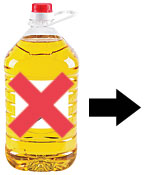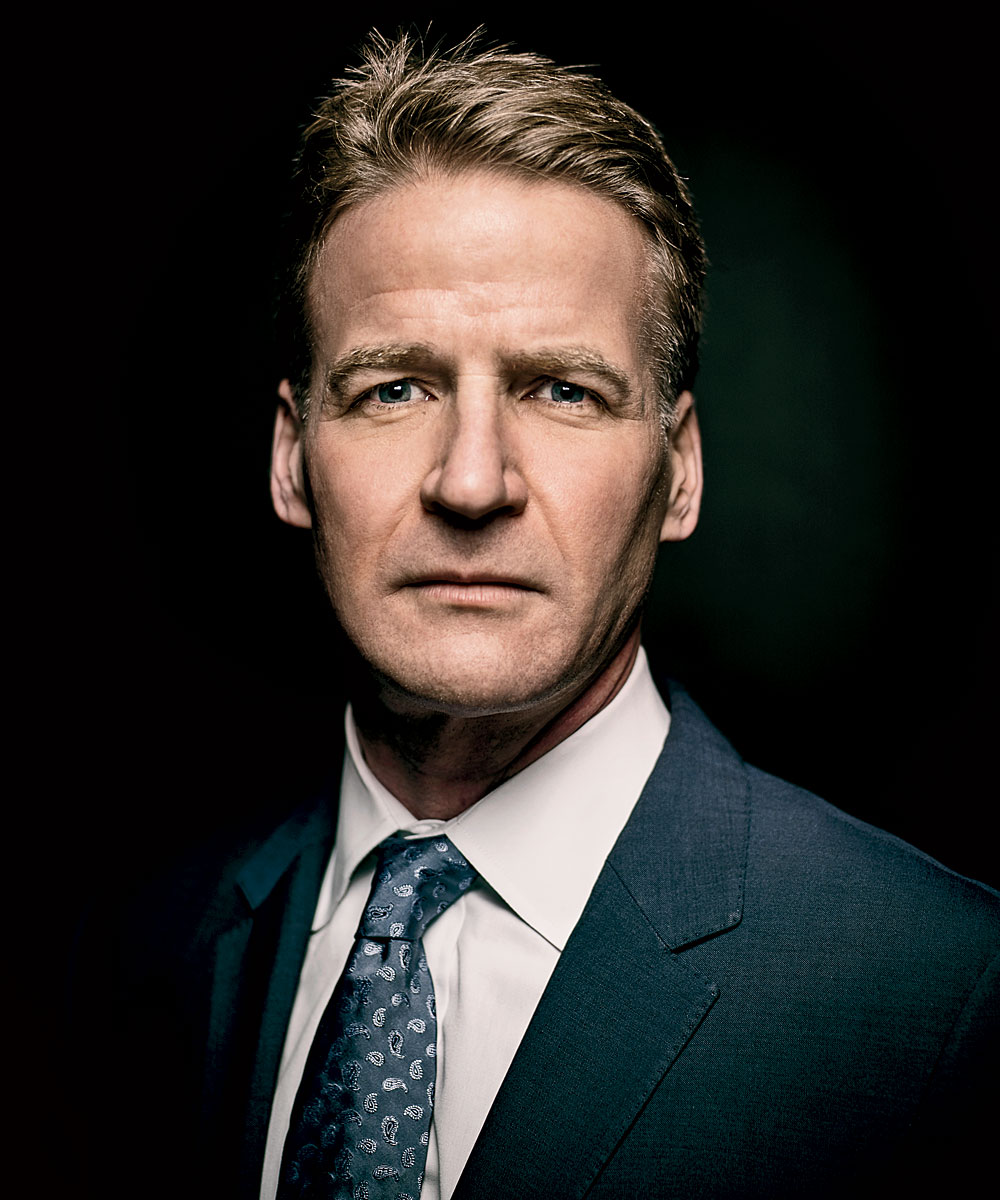Last October, a year after he’d been named the U.S. attorney for the Northern District of Illinois, Zach Fardon made history. He brought the nation’s first federal indictment for spoofing—illegally manipulating financial markets with the help of superfast technology—against a commodities trader in New Jersey. Fardon, 47, explains this sophisticated form of financial fraud, as well as how he’s tackling his other big priority: curbing violence.
Why is a prosecutor in Chicago going after a guy in New Jersey?
The spoofing case includes trades made over the Chicago Mercantile Exchange, one of the largest exchanges in the world. There’s hardly a commodity traded in the U.S. that doesn’t pass through Chicago.
How does spoofing hurt investors?
Fraud in our markets can impact price, tilt the playing field, cheat lawful participants, and corrupt reliability. It victimizes not only those on the flip side of dirty trades, it hurts the integrity of the marketplace and thereby erodes public trust and confidence in it. [See the graphic below.]
Is this a new kind of bad guy?
You had to have both the Internet speed and the exchanges prepared to allow for that kind of trading. So yes, to the extent that the market has changed and high-frequency trading is occurring, [spoofing is on the rise]. This is exactly the kind of sophisticated financial crime we are focused on.
Another of your priorities is cutting down on Chicago violence. You’ve said the city can’t arrest its way out of this problem. What can your office do?
We can’t assume incarceration is the answer. Incarceration is what you do after [a crime is committed]. There’s a whole other component, which is preventive justice—efforts to go out and stop people from committing acts of violence. In the past year, we started a Youth Outreach Forum where we target probationers in the Cook County juvenile system. We’re talking to them about the dangers of committing additional offenses and ways to reassimilate through their schools and communities that are alternatives to gangs and violence.
In 2013, Mayor Emanuel called federal efforts to tackle gun crime in Chicago “horrible.” What’s your reaction?
I said then and I will say now: I respectfully disagree with the mayor. I think our office has done a laudable job, and continues to, when it comes to federal enforcement around gun laws.
Does President Obama pressure you to do more to stop violence here?
The only pressure I feel is from myself. I get up and hear that a kid was shot. Like most people in this city, I find it unacceptable.
Your office was under a hiring freeze. Are you able to try cases at the pace you’d like?
We have limited federal resources, and we cannot possibly prosecute all of the crimes over which we have jurisdiction. It can and does impact what we are able to intake and how quickly we can resolve those cases.
Given the popularity of your predecessor, Patrick Fitzgerald, did you have any reservations about taking the job?
I had no reservations. It has never been my goal to be as popular as Patrick Fitzgerald.
Do you feel any pressure to be a public corruption buster like him?
We continue to commit talent and resources to investigating those cases, and we will bring charges as warranted. But do I feel pressure around it? Absolutely not.
You ran the Boston Marathon in 2013, the year of the terrorist bombings. What was that like?
It was one of the strangest and hardest emotional events in my life. I wasn’t at the scene when the bombs went off. But my dad had been standing on the same block, same side of the street, as where bomb one [eventually] went off. I can’t tell you how profound of an impact that had on me. It was the first Boston Marathon I had run, and I didn’t intend to go back and do it again. But by the time my plane hit the ground in Chicago, I knew that I had to.
How Spoofing Works
 |
 |
 |
 |
|
Joe, a commodities trader, places a bid to buy a large number of futures contracts* for soybean oil. |
Seeing the increased demand, other traders raise their prices for soybean futures. |
Joe cancels his order to buy those futures. |
Joe then sells the soybean futures that he already owns at the higher price. |
All of this is done automatically and within milliseconds, thanks to sophisticated computer programs used by Joe and the other traders.
Why is this illegal?
Joe had no intention of executing his original bid. He placed it to deceive other traders in order to increase his profit.
What’s the difference between high-frequency trading and spoofing?
High-frequency trading (HFT) is simply the warp speed trading that commonly takes place on exchanges these days, with the help of sophisticated computer programs. Spoofing is an illegal way of using HFT.
How much money can spoofers make?
Lots, thanks to the billions of transactions that HFT makes possible in a single day. Michael Coscia of Panther Energy Trading in Red Bank, New Jersey, for example, racked up $1.6 million in illegal profits in just three months, according to U.S. Attorney Fardon.



